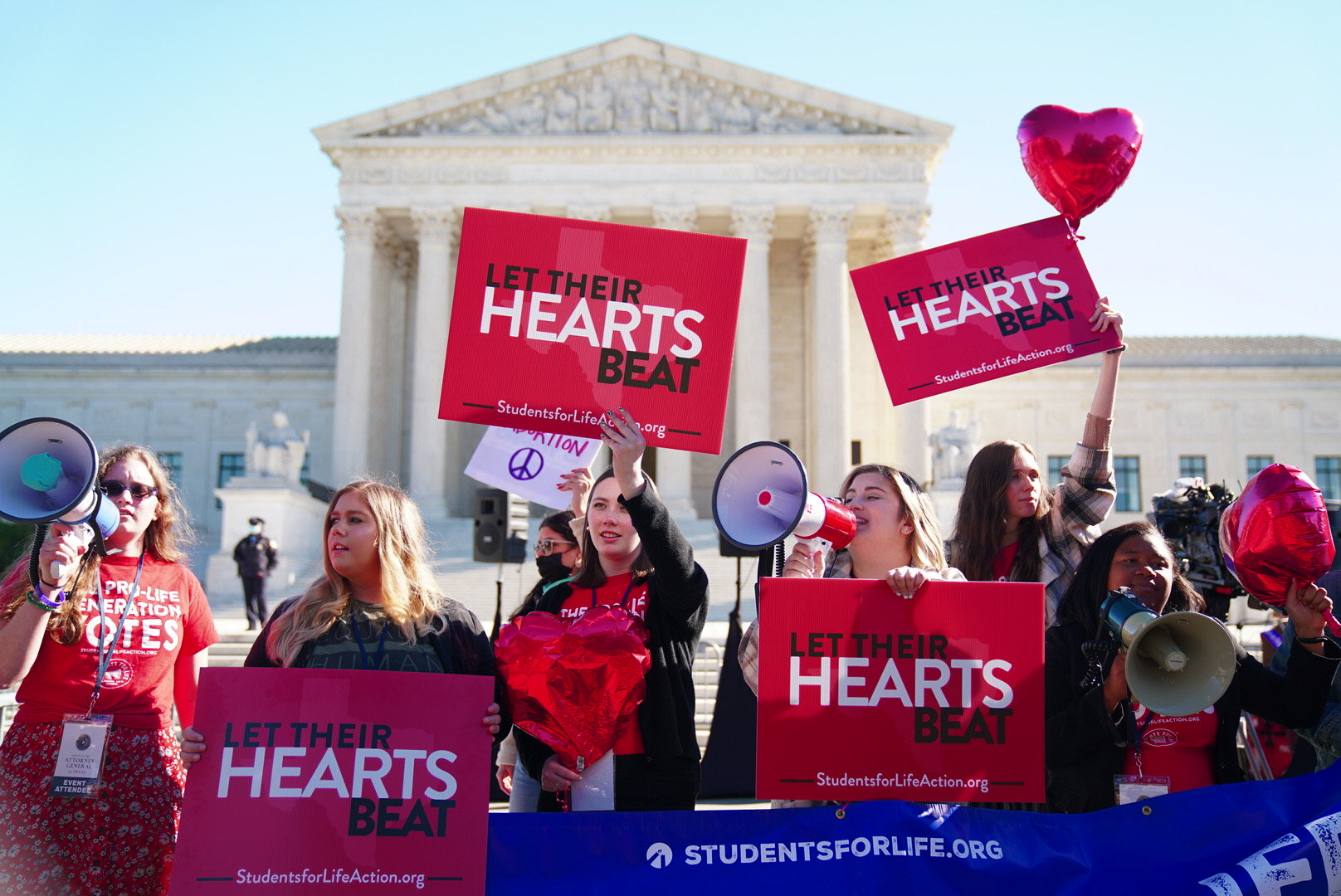


Get a free copy of Parental Rights & Education when you subscribe to our newsletter!

A recently released Harvard study shows that homeschooled students experience numerous benefits over their public-school counterparts, making them happier, healthier, more virtuous, and more likely to thrive personally as young adults.
Brendan Case, associate director of Harvard’s Human Flourishing Program, and Ying Chen, a research associate and data scientist, studied how school types affected adolescents even after they’d grown into young adulthood, focusing on the areas of educational attainment, mental health, and social integration. They used data from over 12,000 children from 1999 to 2010. Surprisingly, they determined that homeschooling, rather than harming children, as charged by Harvard Law School professor Elizabeth Bartholet last year, actually appears to help students fare much better personally.
The study found that young adults who had been homeschooled were 33 percent more likely to volunteer, 31 percent more forgiving, and 51 percent more likely to attend religious services than those who attended public schools. The study also found that the homeschooled as young adults were less likely to report risky behaviors, such as drug or alcohol abuse.
“The picture of the home-schooled student that emerges from the data doesn’t resemble the socially awkward and ignorant stereotype to which Ms. Bartholet and others appeal. Rather, home-schooled children generally develop into well-adjusted, responsible and socially engaged young adults,” the authors wrote.
Interestingly, the study found little difference in public school students and non-religious private schools. They also found only moderate differences between public school students and religious private school students.
The researchers pointed to the rise of smartphones and social media apps as one reason why the gap between public school students and homeschoolers may have widened more since 2010.
“This was the year our study’s follow-up ended, but also the year that social-media apps came to smartphones, leading to their widespread adoption by teenagers and even younger children. Recent studies by Jean Twenge, Jonathan Haidt and others have documented huge spikes over the past decade in adolescent anxiety, depression and ‘school loneliness’ (a self-reported composite measure of social isolation at school), all tightly correlated with increasing smartphone use.”
They added,
“Since 2010, cyberbullying and sexting have become ordinary parts of children’s daily lives, especially in school settings. Given that home-schooling parents consistently rate concerns with school environments—including ‘safety, drugs, or negative peer pressure’—as the most important factor in their decision to teach their kids at home, we might expect that these students will have suffered less from the prevailing dysfunctions of their generation than their public-school peers
The study did find that homeschool students were less likely to go to college, but the researchers think that could be due to their decision to pursue alternatives to college or due to barriers that universities had in place that made it more difficult for homeschool students to be accepted to college.
Chen told the Foundation for Economic Freedom that the latter is changing. “We are also glad to see that some colleges, including some top-tier colleges, have become more flexible in their admission policies for homeschoolers over the past years.”
As more parents try out homeschooling, Case and Chen said,
“Family decisions about education involve trade-offs. The millions trying out home schooling for the first time should be clear-sighted about what they’re taking on, particularly for students who want to attend an elite college. But educators, policy makers and parents should consider why the thousands of public-school students in our sample (albeit one that skewed whiter and wealthier than America as a whole) were less forgiving and less apt to volunteer or attend religious services than their home-schooled peers. We shouldn’t accept a public education system that offers academic achievement at the expense of a flourishing life.”
Meanwhile, the trend towards homeschooling continues to skyrocket. From spring 2020 to fall 2020, the percentage grew from 5 to 11 percent of households, with the number rising to 18 or 19 percent at one point. Dr. Steven Duvall, director of research with the Home School Legal Defense Association (HSLDA) said, “It’s evident that the numbers are still climbing. Our membership continues to increase, with more inquiries about homeschooling all the time.”

During a time when parents are battling school boards for control of their children’s education and have growing concerns about their child’s safety at school and what their children are being taught, homeschool can offer a more secure environment with fewer downsides.
Besides the long-term personal benefits that the Harvard study recognized, homeschool students also have the flexibility and time to study a more customized curriculum that aligns with their unique interests; to take jobs, internships, and volunteer opportunities during regular business hours; to help out with a family business or even start their own businesses at a much younger age; and to spend more time with their families learning their parents’ values.
It was once easy to buy into the stereotypes that homeschooled children are isolated and struggle both academically and socially, but there is now overwhelming evidence that this is a false narrative. Studies like the one done by Harvard and others increasingly show that homeschooling shouldn’t just be turned to reactively as an alternative to public school, but rather it should be recognized as a viable option on its own merits.
Christian conservative news and issues that matter. Curated just for you!
